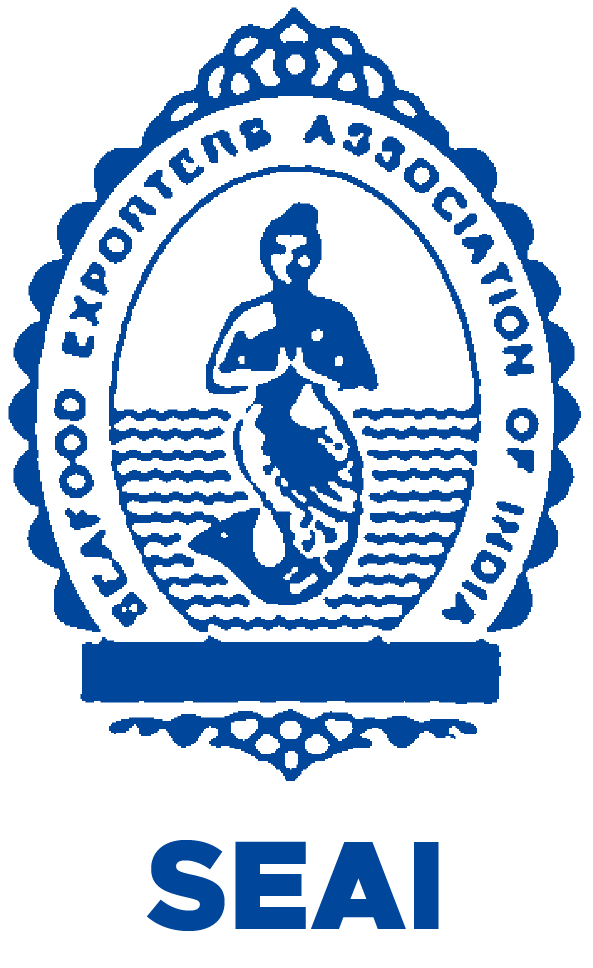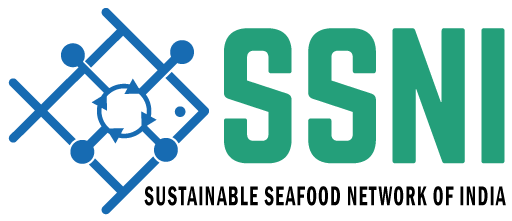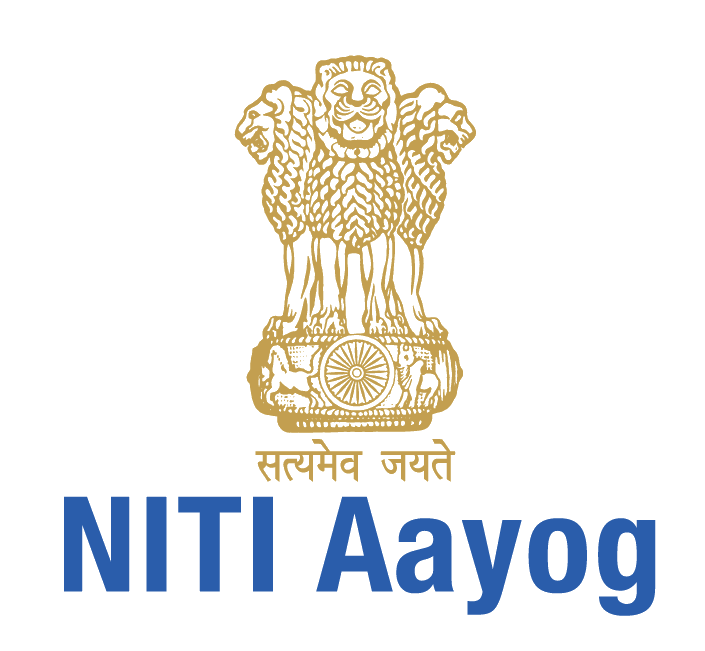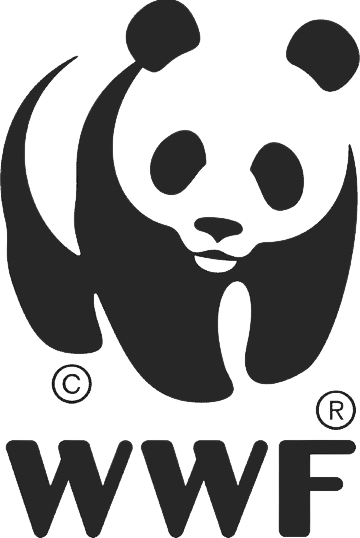
SUSTAINABLE DEVELOPMENT GOALS IN INDIA
DIALOGUE ON FISHERY CERTIFICATION FOR ACHIEVING
7th June 2023
Crown plaza, Kochi
Organized by





About the Dialogue
India is the 3rd largest fish-producing country in the world. Home to more than 10% of global fish biodiversity, it is one of the 17-mega biodiversity-rich countries and the fisheries sector plays a significant role in the country’s economy by supporting fisher livelihoods. Current marine exports is about 5% of total exports from India. MPEDA reports that the total marine exports increased from US$ 3.5 billion in 2011-12 to US$ 5.9 billion in 2020-21. Importers are increasingly demanding seafood sourced from sustainable resources.
Today, the importance of utilizing fisheries resources responsibly is widely recognized as almost 90% of global marine fish stocks are now fully exploited or overfished owing to rising populations, higher incomes, and greater awareness of seafood’s health benefits. According to the data by the World Bank, the situation is worst in low-income and middle-income countries, where weak regulation and enforcement have produced above average declines in fish stocks. This situation needs to change as fisheries are critical to global food security and nutrition. This is where the question of sustainability becomes crucial for the industry.

Thus, sustainable fishing is essential for ensuring sustainable fish stocks and securing livelihoods, minimizing environmental impact and allowing effective fisheries management by preventing illegal fishing. These targets are aligned with the Sustainable Development Goals (SDGs) widely recognized by the international community. In this context, fisheries certification or ecolabelling is adopted to maintain the productivity and economic value of fisheries, while providing incentives for improved fisheries
management and the conservation of marine biodiversity. According to the FAO, ecolabels are seals of approval given to products that are deemed to have fewer impacts on the environment than functionally or competitively similar products. The rationale for basic labelling information at the point of sale is that it links fisheries products to their production process. Product claims associated with ecolabeling aim at tapping the growing public demand for environmentally preferable products.
In India, recently, ecolabeling has been used as an integral part of voluntary commitments towards delivering SDG-14 targets on life below water, and can also be used to fulfil other SDG targets such as strengthening food security (SDG-2), to promote sustainable economic growth (SDG-8), promote sustainable consumption and production (SDG-12) and strengthen global partnerships for sustainable development (SDG-17). The present Dialogues are envisioned to elaborate on the initiatives taken by India, to identify the issues and problems, stakeholder commitments and to strengthen India’s commitment towards sustainable fisheries and towards achieving Sustainable Development Goals through fisheries certification. The dialogues are timed with the UN World Environment Day and the World Ocean Day.
Event Schedule
Time |
| |
10.00 – 10.15 AM | Inaugural Speech GOI perspective on achieving SDG goals (SDG 14) & Role of Fisheries Sustainability Certifications Dr J. Balaji, Joint Secretary (Marine Fisheries, Department of Fisheries, Govt of India), New Delhi | |
10.15 – 10.30 AM | Strategies of NITI Ayog for full filling Fisheries SDG goals Dr Neelam Patel, Senior Advisor, Agriculture and Allied sectors, NITI Ayog, GOI, New Delhi | |
10.30 – 10.45 AM | Kerala SDG achievements Dr Sreekumar Bhaskaran, Kerala State Council for Science, Technology & Environment (KSCSTE), Thiruvananthapuram | |
TEA BREAK | ||
10.45 – 11.00 AM | Emerging international market for sustainable fishery resources MPEDA | |
11.00-11.15 AM | Fishery sustainability and markets trends – An Industry perspective on SDG 14 Mr A J Tharakan, Chair, Ocean Committee, Seafood Exporters Association of India (SEAI) Kochi | |
11.15 – 11.30 AM | India’s sustainability Certification initiatives in achieving SDG Dr K Sunil Mohamed Retired Principal Scientist & Head of Division, CMFRI Chair, SSNI, Kochi | |
11.30 – 11.45 AM | How can MSC Certification help countries to achieve SDG 14? Mr Edouard Le Bart Director: South Europe and AMESA, Marine Stewardship Council, London | |
11.45 – 12.00 PM | An overview of sustainable Surimi production; Formation of “Forum for Surimi processors for Sustainability” (FSPS) & prospective species for surimi production Mr Arjun Gadre, MD Gadre Exports, Ratnagiri, Maharashtra | |
12.00 – 12.15 PM | The use of “Certifications and Ratings” in Japanese market & sustainable surimi market opportunities Mr Matt Watson Senior Fisheries Program Manager, Asia Pacific, MSC, Australia | |
12.15 -12.30 PM | Sustainable Fish Meal & Fish Oil (FMFO) initiatives in India – Marin Trust Mr Mohamed Dawood Sait, President Indian Marine Ingredients Association, Bangalore | |
12.30 – 1.00 PM | Discussions | |
1.00 PM | LUNCH | |
2.00 PM – 4.00 PM | Panel Discussion
Chaired by Dr Neelam Patel, Senior Advisor, NITI Ayog | |
5.00 PM | Tea | |
+919846268609 | www.ssni.co.in